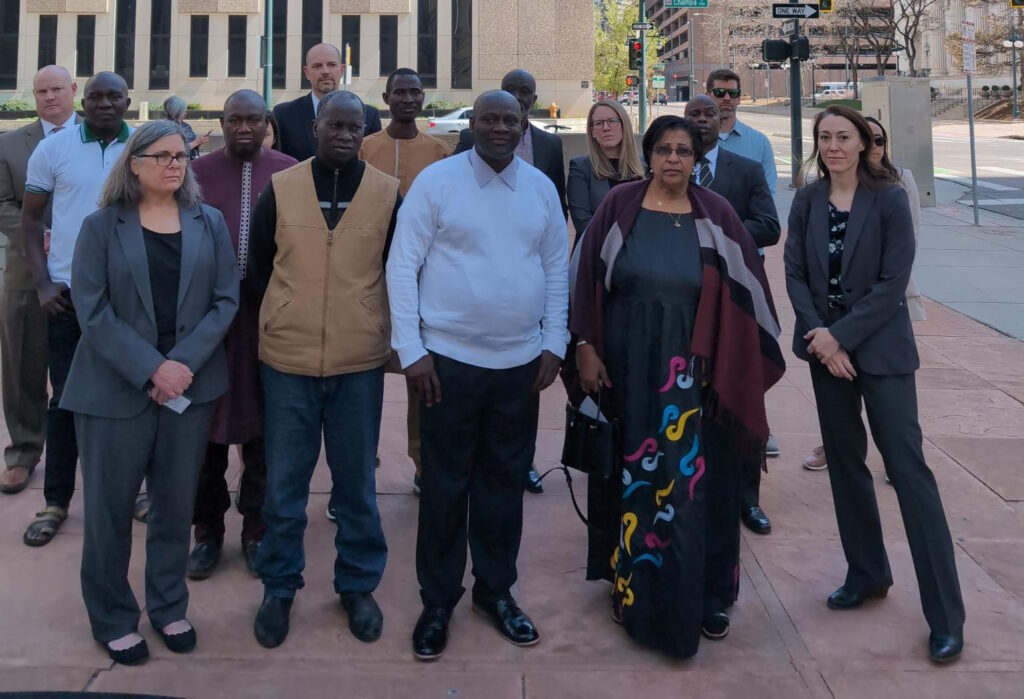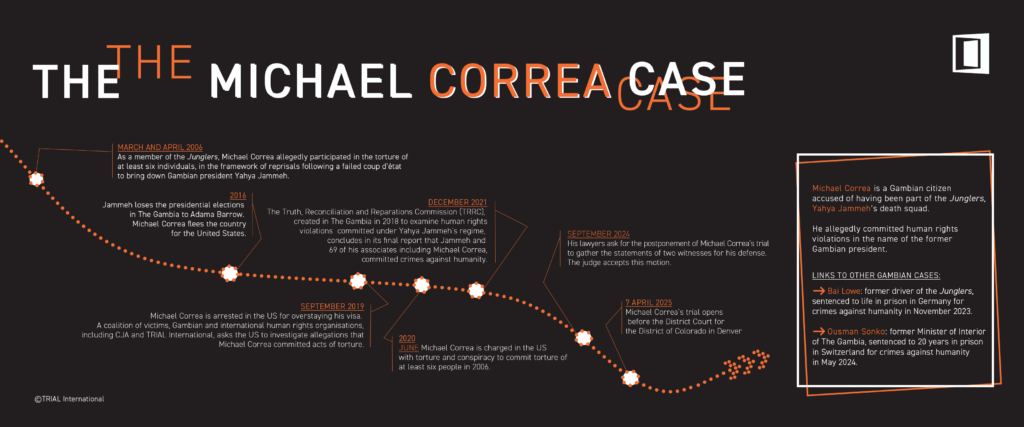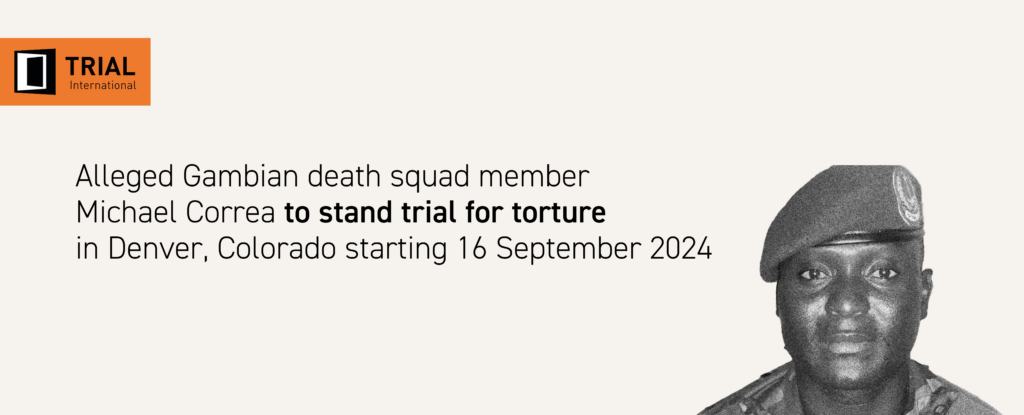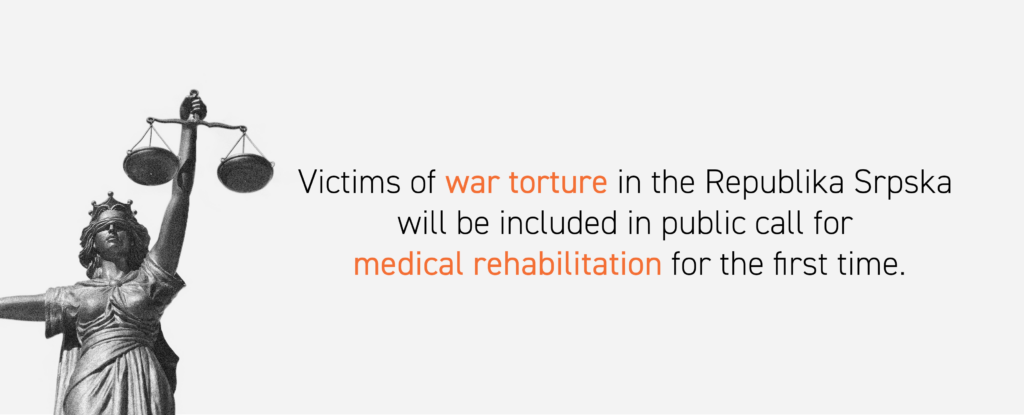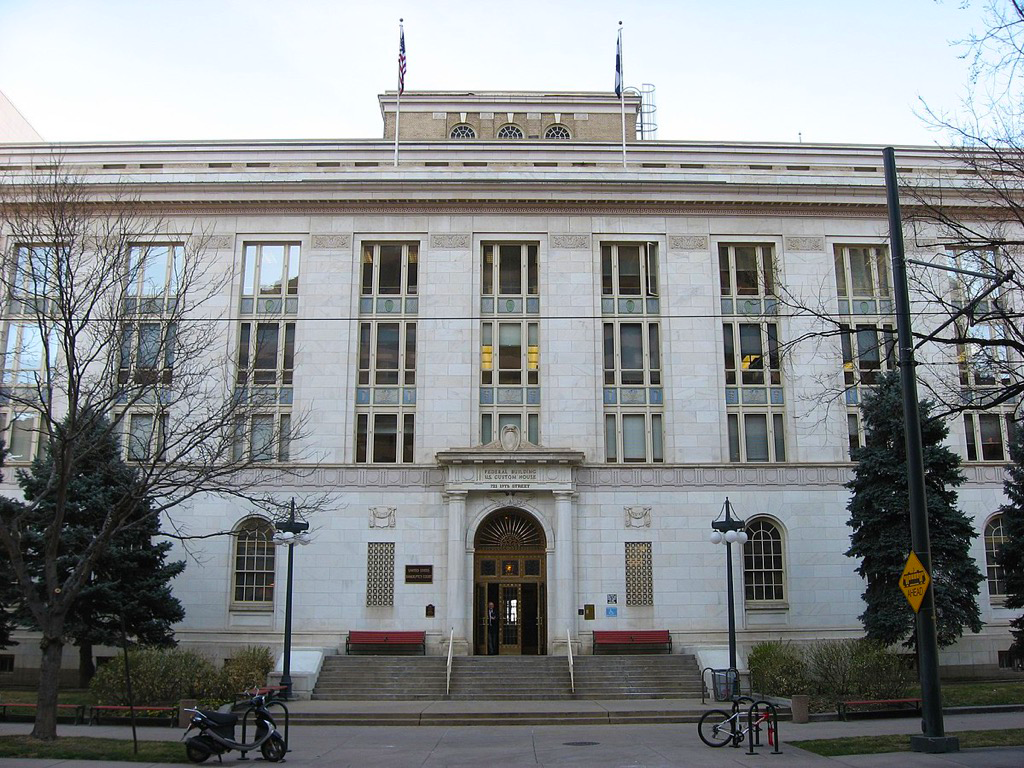Burundi: pre-crisis violence must not be forgotten
In 2014, a political drag-net cast over the opposition highlighted the repression that prevails in the country. However, three years have gone by and they are still waiting for justice.
Since April 2015, the attention of the international community has veered towards Burundi and the violence which erupted there. Many human rights violations were committed in a climate of total impunity.
But the situation was far from being unexpected. Impunity in Burundi has been a long-standing problem, culminating from a dysfunctional judicial system. The latter is subject to intense meddling from the executive branch, which subsequently led agents of the State that perpetrate these crimes to believe that they will not have to account for their actions. On the other hand, victims’ confidence in the system flounders as they legitimately fear retaliation if they consider taking the matter to court.
“The abuse stemming from before 2015 have created an adverse climate which has led to the current crisis”, asserts Pamela Capizzi, Legal Advisor for Burundi.
An episode that foreshadowed the crisis of 2015
An episode demonstrably illustrates the absence of freedom of expression and the means of intimidation spurred by the government.
Three years ago, on 8 March 2014, the members of the opposition party Movement for Solidarity and Democracy (MSD) were victims of a government crack-down. Accused by the authorities of organizing “an unauthorized demonstration” or of “preparing an insurgency”, several dozen members of the opposition party were beaten and detained illegally. Some are still in jail; victims of a politicized justice at the behest of the government.
These violations have, on the most part, gone unpunished. Even when the victims filed a complaint, they never received any reparation while the perpetrators got off scot-free.
This is why TRIAL defends these victims and the ones from the previous crisis of 2015. “In order to be consistent, TRIAL’s actions cannot remain focused solely on the most recent violations, every victim must have access to justice”, concludes Pamela Capizzi.

